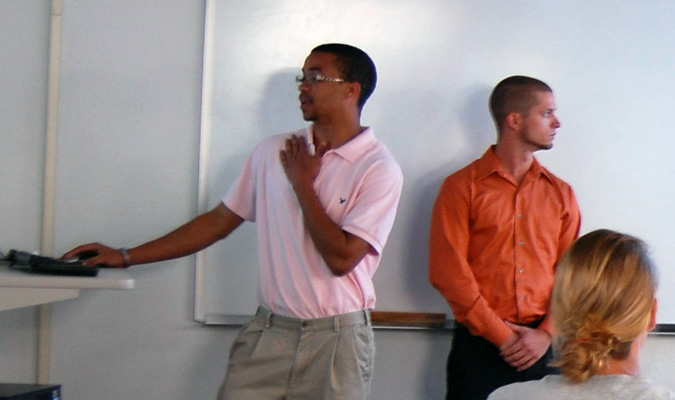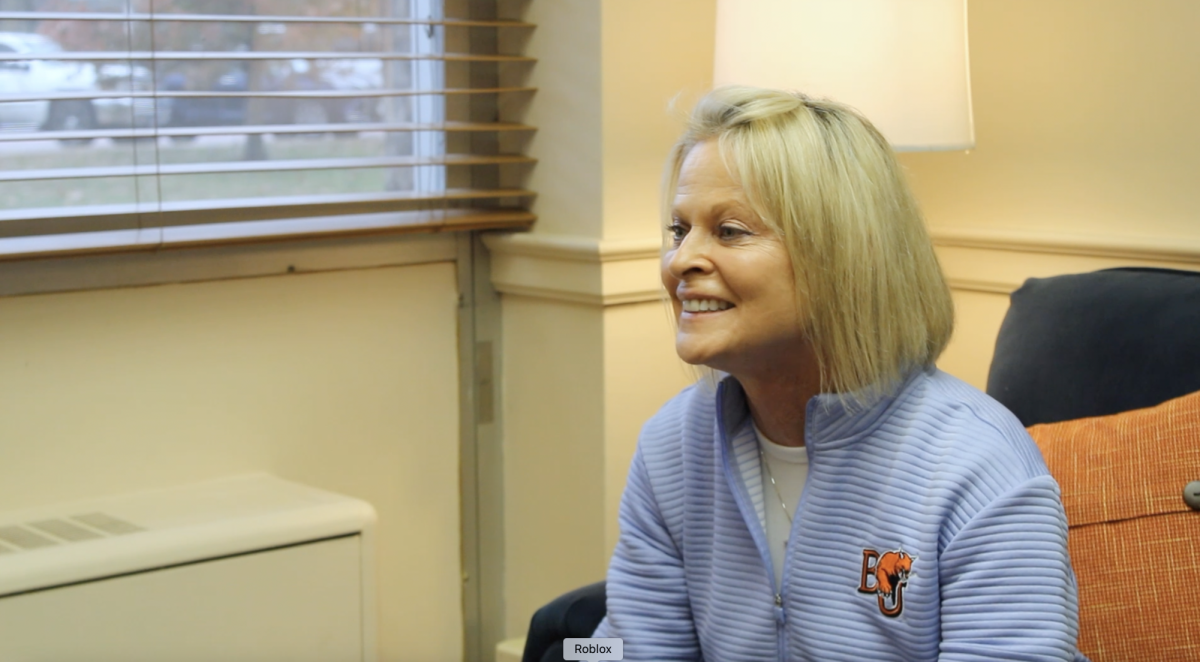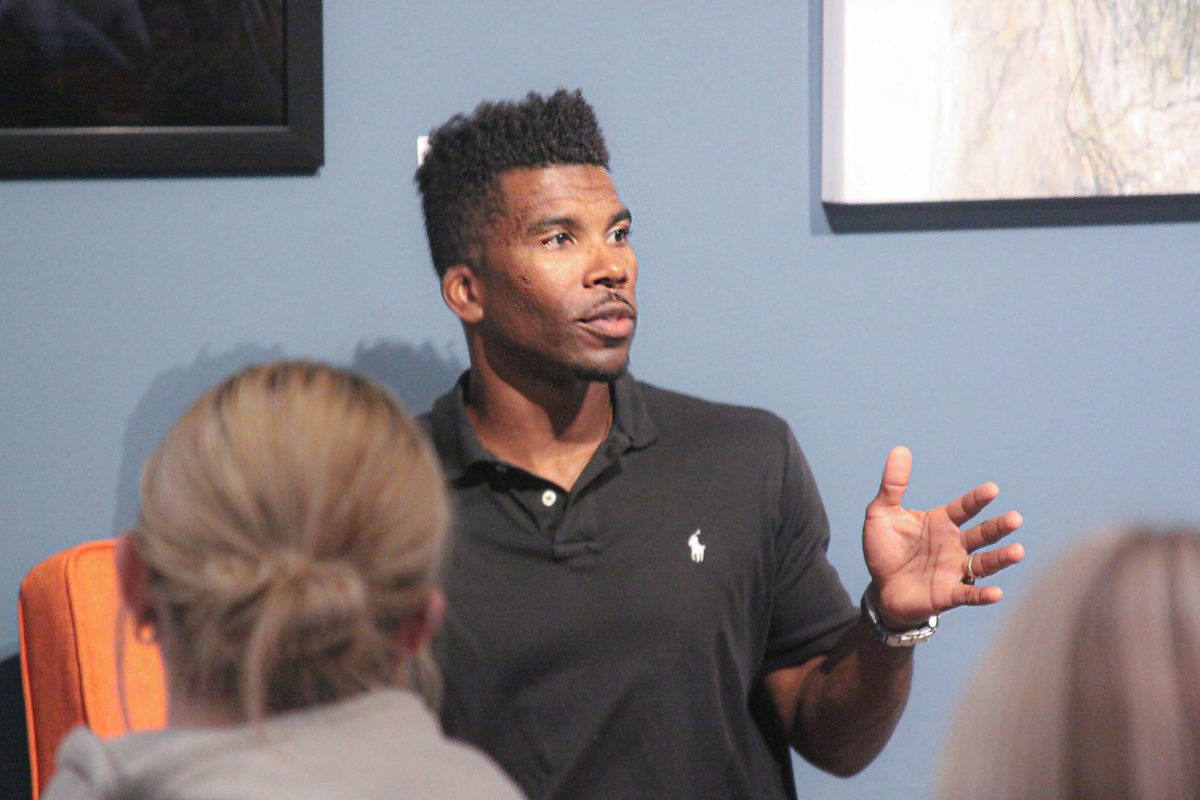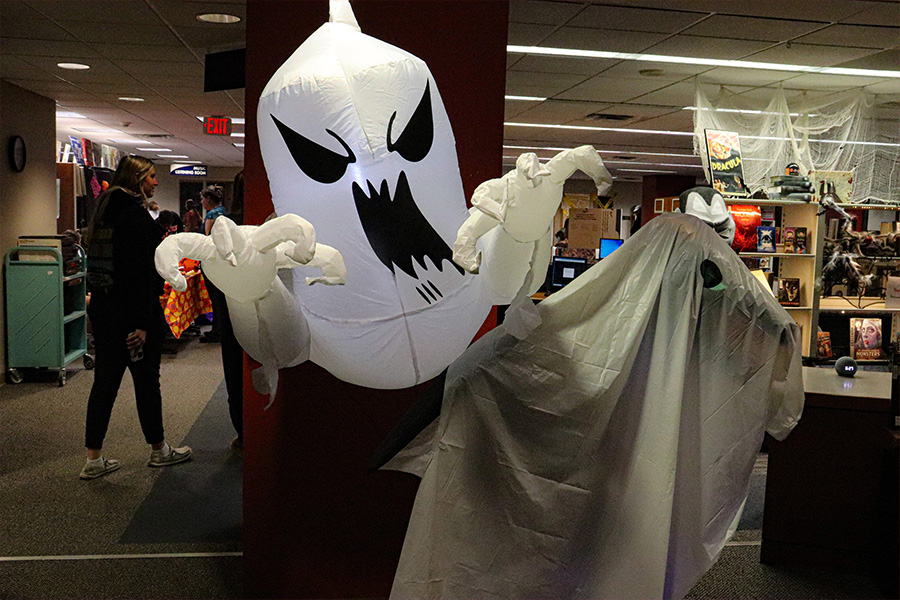Baker University seniors Charlie Bollinger and Robert Woodall have created a solution to a common problem many students across campus experience on a daily basis.
The pair created a website called “Echo,” which is a system that can be used to condense the number of campus-wide emails students receive, for their Computer Science Senior Capstone Project.
“We get a lot of emails. A lot of them are emails that we’re not concerned with. So, it’s just an overload of emails,” Woodall said. “This can, in turn, result in important emails being disregarded … and other people just have emails filed into their junk folder or folders that they don’t even check.”
The project requirements were simple. They were to come up with a problem and provide a solution.
“The solution is our website,” Bollinger said. “It’ll give the student the ability to see only what they want. So they won’t receive emails from a bunch of organizations.”
However, the purpose of their solution is not to completely eliminate campus-wide emails.
“Their solution is great. Their solution is not to replace what’s currently at Baker,” Val Kolesnikov, assistant professor of computer science, said. “They are not approaching the (Information Technology) department or marketing department or any other offices with the idea that whatever is now in place should be replaced by that.”
The website requires a username and password. Once logged in, it consists of a page which lists every organization on Baker’s campus. The second page provides a description of the organization, a link for contact information, and a calendar view of upcoming events for a particular organization.
“The general idea is you have two types of users. You have the admin user … it could be a faculty member, president, social chair; whoever that may be. Then you have your students, faculty and staff,” Woodall said. “Admins have the ability to post, edit and delete events and also view other organizations’ events as well without affecting their admin rights to that organization.”
“Echo” is in its early stages and Bollinger and Woodall said the website is capable of future additions, such as a notification telling students when their organization has been updated, the ability for the student to post feedback back on the event and to add fliers and pictures.
Their website is also one that can easily be implemented on the Baker University network.
“It’s not running on a network. We have to set that computer up to run the project,” Woodall said. “So, it’s not on the internet. It would have been easier if we could have done that. But we have to set all of that up on our computer. It’s up to the university. We’ve talked to a few people who are really interested in sharing our idea. So, if they want to use it, then they’re more than welcome to.”








